Navigating the UK’s Position in Europe: A Geographic and Political Landscape
Related Articles: Navigating the UK’s Position in Europe: A Geographic and Political Landscape
Introduction
In this auspicious occasion, we are delighted to delve into the intriguing topic related to Navigating the UK’s Position in Europe: A Geographic and Political Landscape. Let’s weave interesting information and offer fresh perspectives to the readers.
Table of Content
Navigating the UK’s Position in Europe: A Geographic and Political Landscape
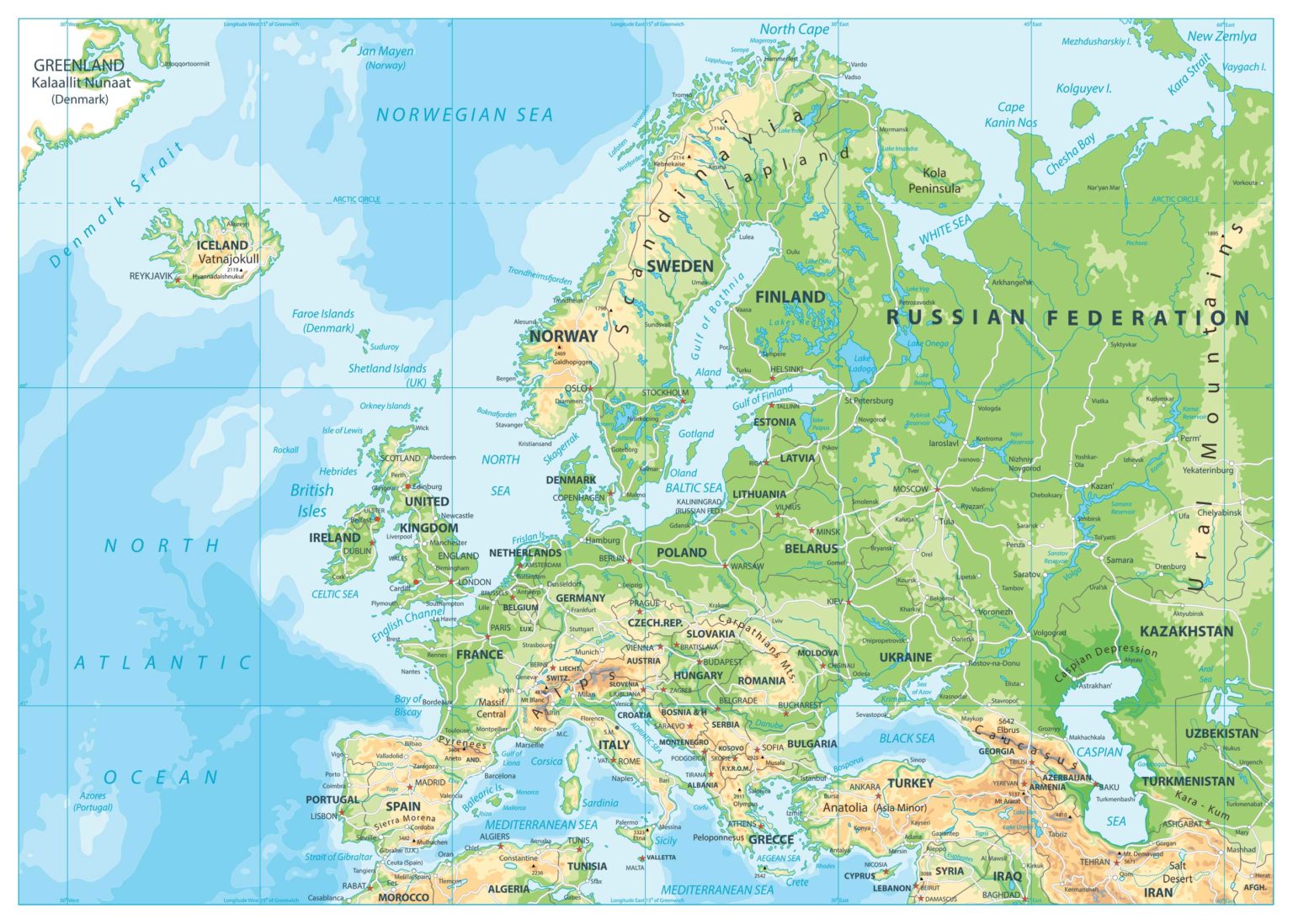
The United Kingdom’s position in Europe is a complex and dynamic one, shaped by both geography and history. Understanding this relationship is crucial for grasping the UK’s place in the world, its interactions with other nations, and the challenges and opportunities it faces in the 21st century.
A Geographic Overview:
The United Kingdom, comprising England, Scotland, Wales, and Northern Ireland, occupies a strategic location in northwest Europe. The British Isles, of which Great Britain (England, Scotland, and Wales) forms the largest portion, are separated from mainland Europe by the English Channel and the North Sea. This geographic isolation has played a significant role in the UK’s historical development, fostering a sense of national identity and influencing its foreign policy.
Historical Context:
The UK’s relationship with Europe has been marked by periods of close cooperation and periods of distance. The country has been a member of the European Union (EU) since 1973, but its membership was often characterized by internal debate and skepticism. The UK’s decision to leave the EU in 2016, known as Brexit, has further complicated its relationship with the continent.
The Importance of the UK’s Position:
The UK’s location in Europe grants it several advantages:
- Trade and Economic Ties: The UK is a major trading partner with other European countries, with strong economic links built over centuries. This proximity facilitates trade, investment, and the movement of goods and services.
- Cultural Exchange: The UK shares a rich cultural heritage with its European neighbors, with influences ranging from language and literature to art and music. This shared history fosters cultural exchange and understanding.
- Security Cooperation: As a member of NATO, the UK is committed to collective defense and security in Europe. Its close proximity to the continent allows for rapid deployment of forces and facilitates cooperation in addressing security threats.
- Political Influence: The UK has historically played a significant role in shaping European politics and diplomacy. Despite leaving the EU, it remains an influential player in the region, particularly in areas like defense and security.
Brexit and its Impact:
The UK’s departure from the EU has created significant challenges and uncertainties. Negotiations over trade agreements and the future of the Irish border have been complex and fraught with tension. The economic impact of Brexit is still unfolding, with potential implications for trade, investment, and the cost of living.
The UK’s Future in Europe:
Despite Brexit, the UK remains deeply connected to Europe. The country’s geographic proximity, shared history, and ongoing economic and cultural ties ensure a continued relationship. The future of this relationship will depend on the outcomes of ongoing negotiations and the political will of both sides to cooperate and build a mutually beneficial partnership.
FAQs about the UK’s Position in Europe:
Q: What is the UK’s geographic position in Europe?
A: The UK is located in northwest Europe, separated from mainland Europe by the English Channel and the North Sea.
Q: Why is the UK’s position in Europe important?
A: The UK’s location provides advantages in terms of trade, cultural exchange, security cooperation, and political influence.
Q: What is Brexit, and how does it affect the UK’s relationship with Europe?
A: Brexit refers to the UK’s decision to leave the European Union in 2016. It has created challenges and uncertainties, impacting trade, security, and the UK’s role in European affairs.
Q: What are the future prospects for the UK’s relationship with Europe?
A: The future relationship will depend on the outcomes of ongoing negotiations and the political will of both sides to cooperate and build a mutually beneficial partnership.
Tips for Understanding the UK’s Position in Europe:
- Study the history of the UK’s relationship with Europe. Understanding the historical context is crucial for grasping the current situation.
- Follow news and analysis on Brexit and its implications. Stay informed about the ongoing negotiations and their potential impact on the UK’s economy, politics, and society.
- Explore the cultural and economic connections between the UK and Europe. Understanding these connections can provide valuable insights into the shared interests and challenges of the two regions.
Conclusion:
The UK’s position in Europe is a dynamic and complex one, shaped by geography, history, and ongoing political developments. The country’s departure from the EU has created new challenges and opportunities, but its deep connections with the continent remain. The future of the UK’s relationship with Europe will depend on the ability of both sides to find common ground and build a mutually beneficial partnership for the future.
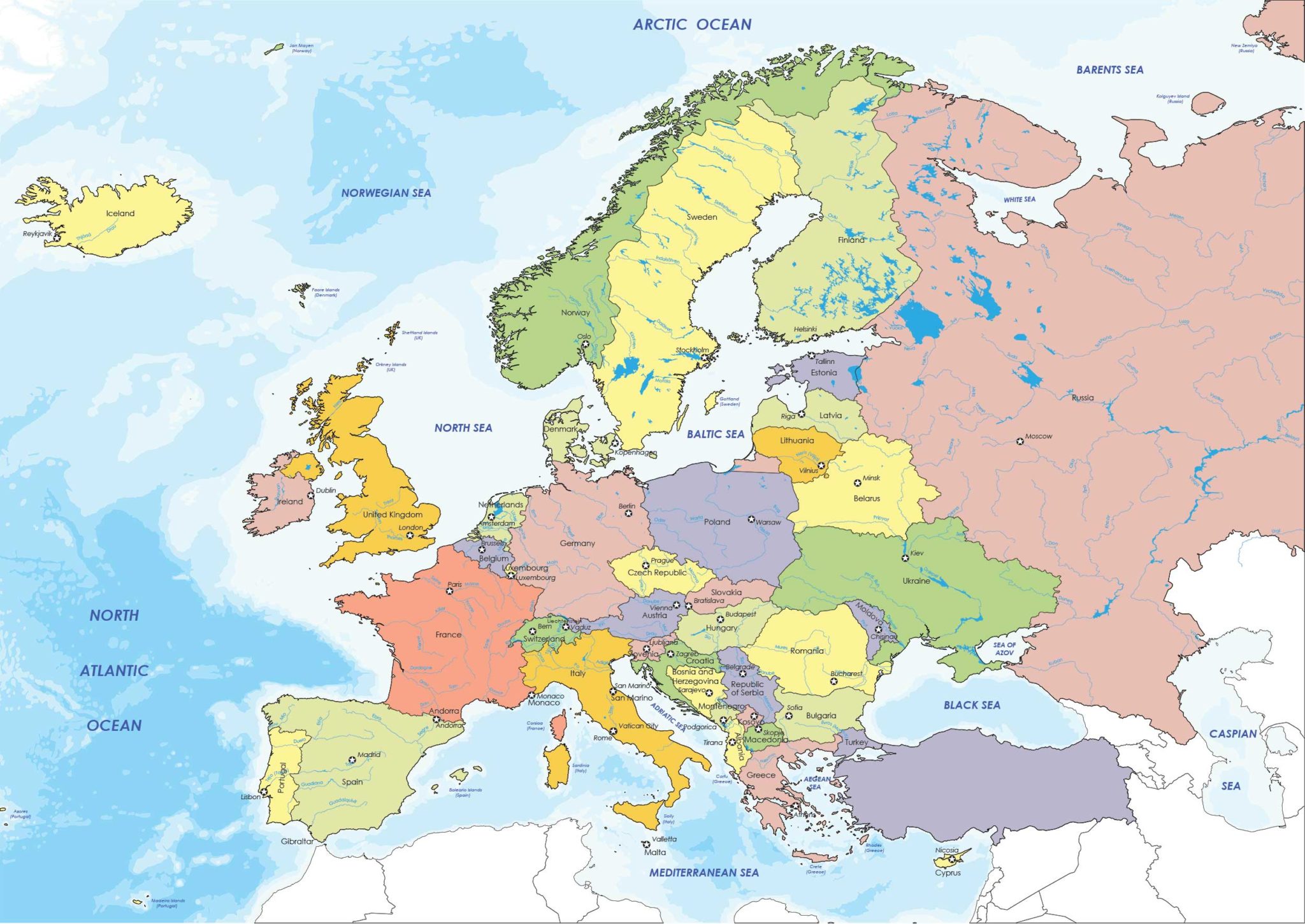
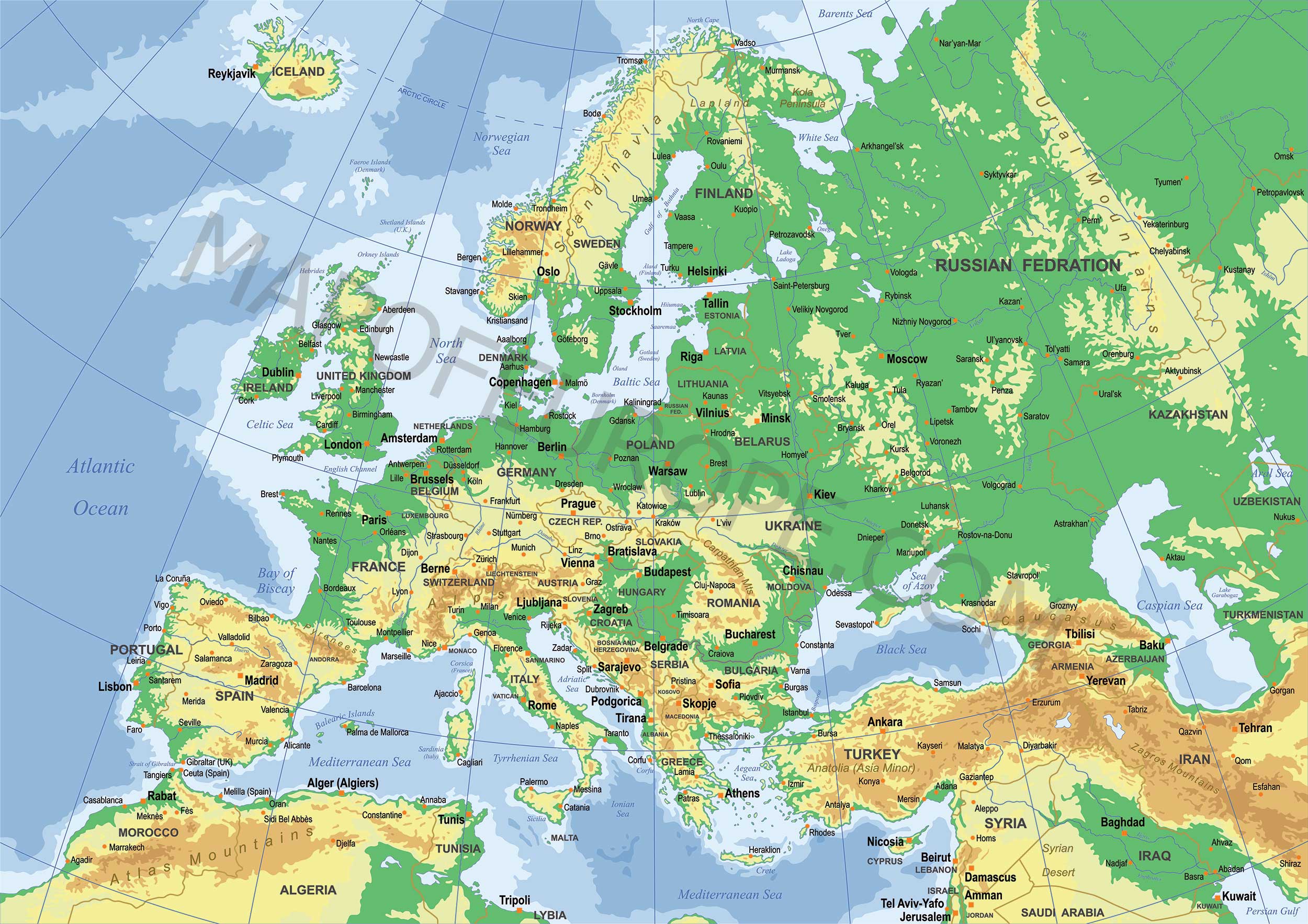
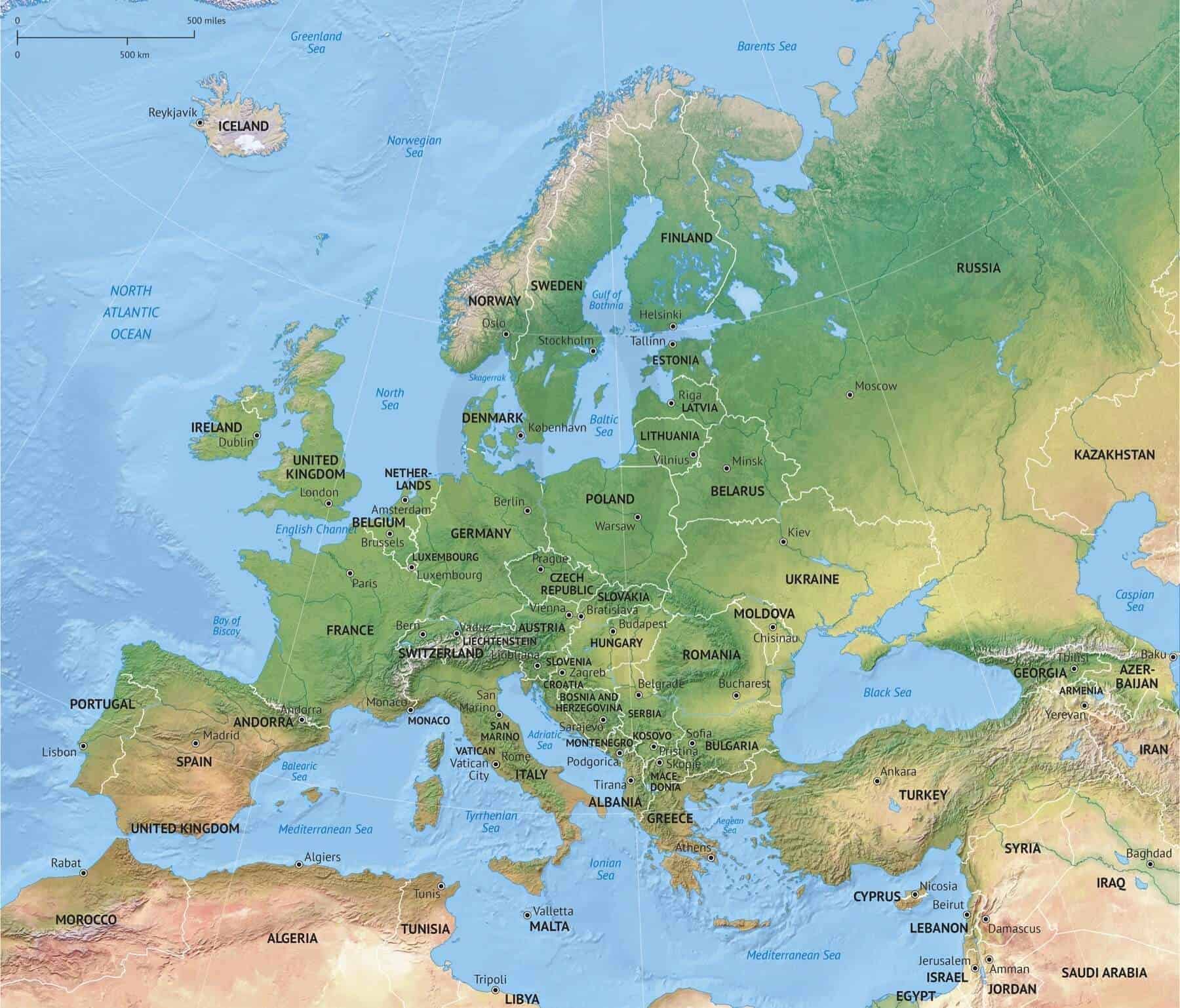

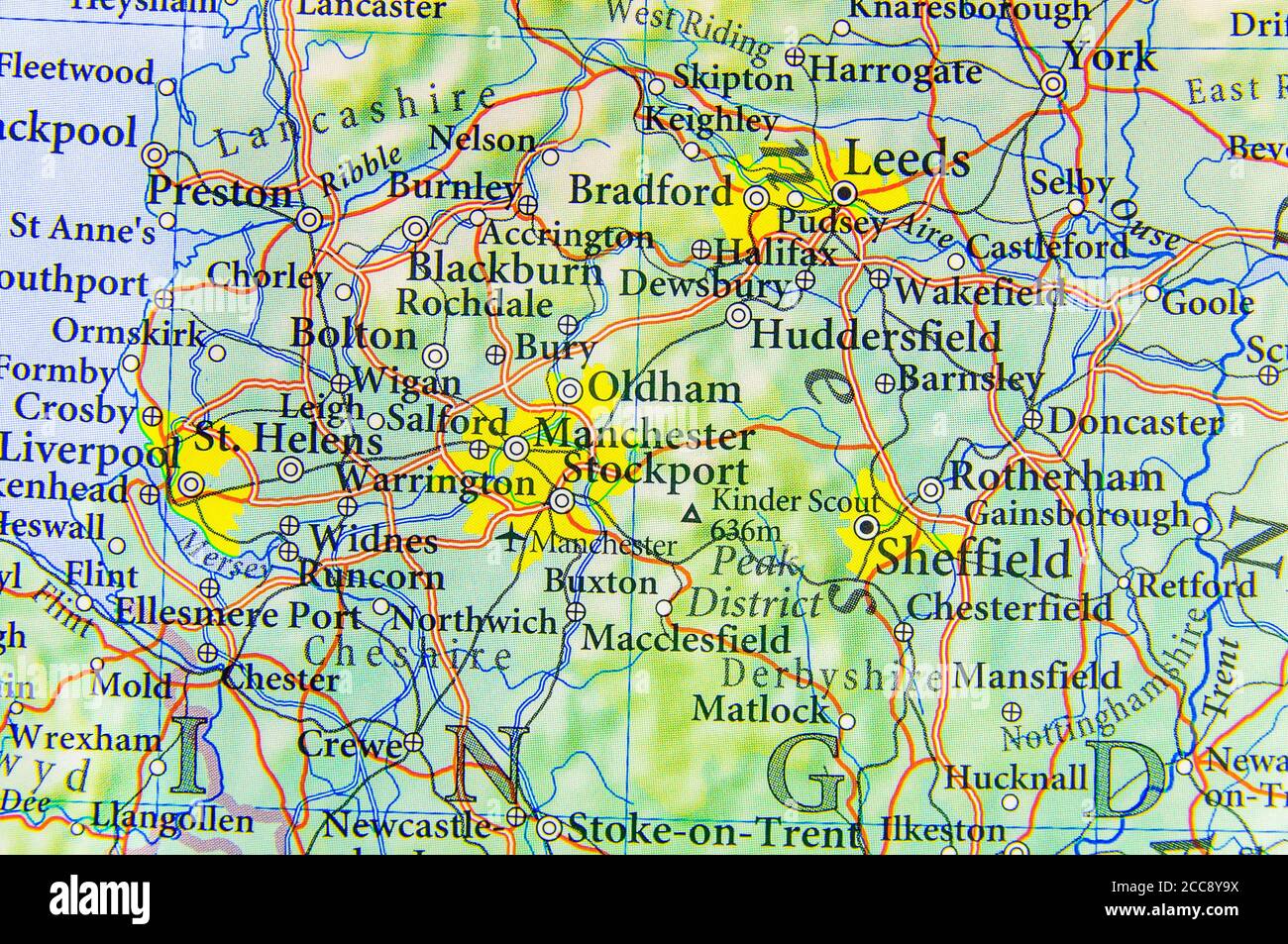


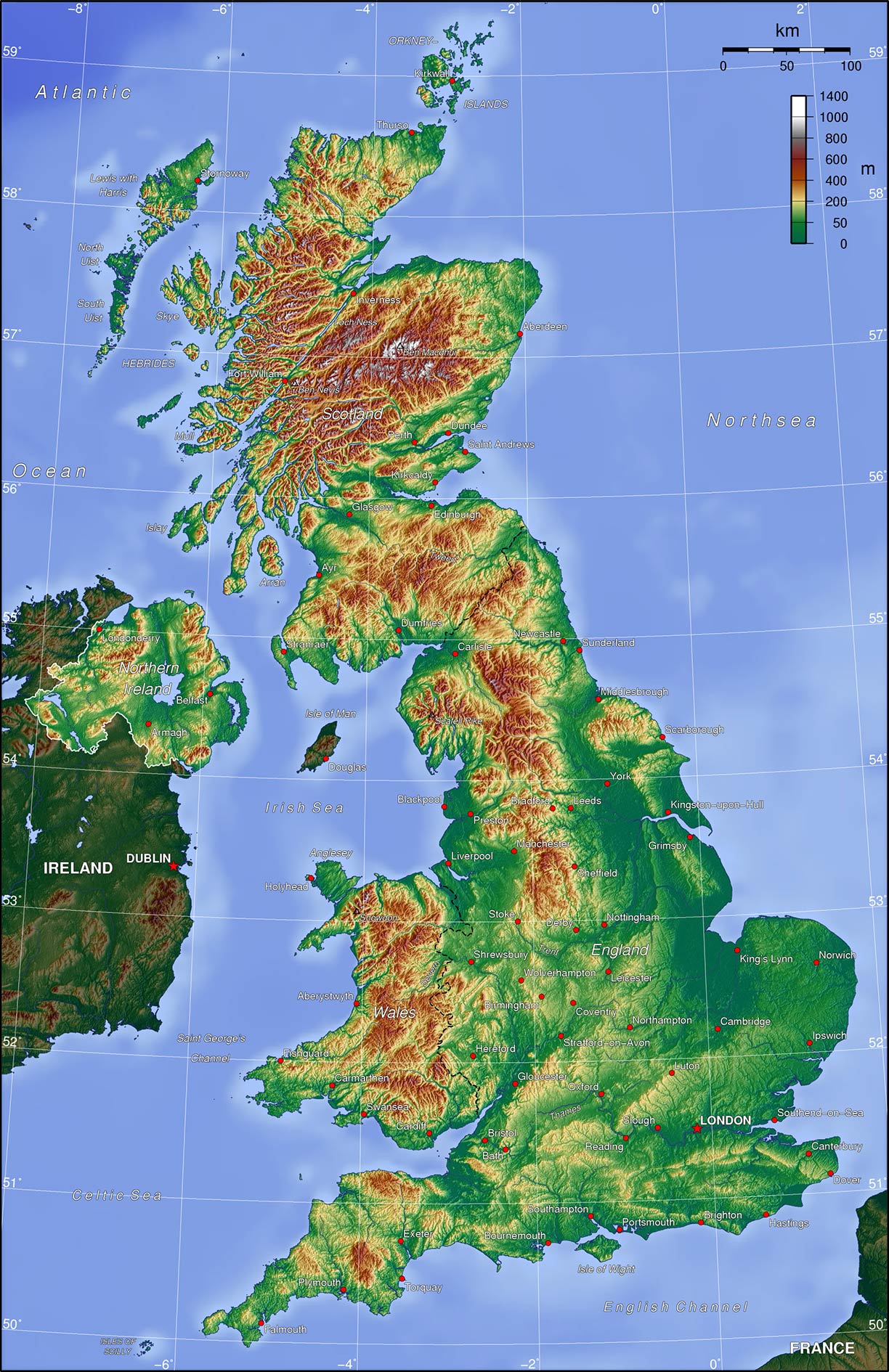
Closure
Thus, we hope this article has provided valuable insights into Navigating the UK’s Position in Europe: A Geographic and Political Landscape. We thank you for taking the time to read this article. See you in our next article!